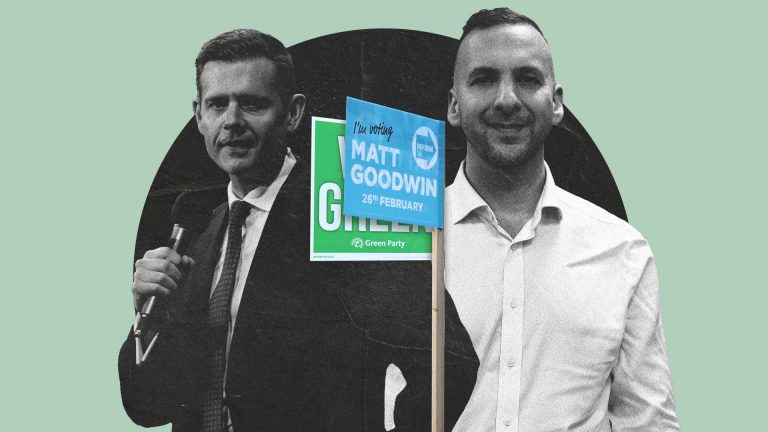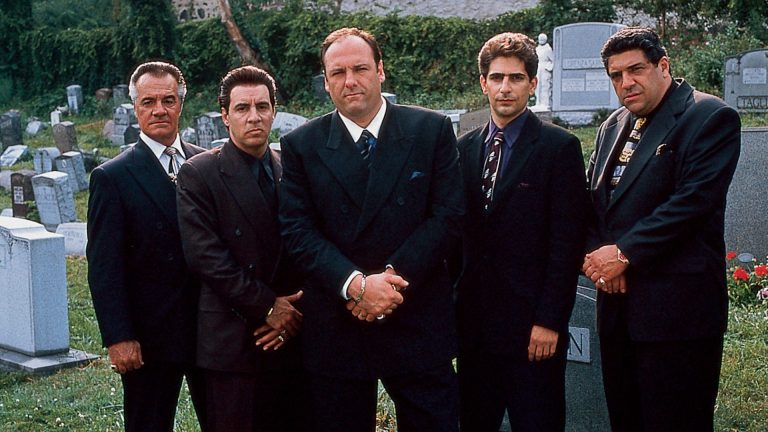Keir Starmer has no shortage of problems. His government is breaking records for unpopularity, and his personal ratings are no better. Labour has spent a year framing Nigel Farage as its main opponent, but is losing soundly to him in the polls. He faces new prospective threats on his left from Jeremy Corbyn and from self-described eco-populist Zack Polanski and the Greens.
Starmer has four full years, though, until he’s required to call a general election – and that means for quite some time the biggest potential threat he faces is much closer to home: his own MPs.
Just a year ago, Starmer led Labour to a landslide victory, securing 411 seats in the Commons, 231 of which were filled by brand-new MPs who owed their parliamentary careers entirely to him. A year later, though, gratitude is nowhere to be found on the Labour benches.
In the wake of the clash between Number 10 and the Parliamentary Labour Party over welfare reform, anger or discontent are to be expected, particularly on the party’s left. But the issues go far deeper, and cut across political factions. Labour MPs are disillusioned, restless, and something even more damaging: they are bored. As one put it, “some of us have realised we’re here neither for a good time, nor for a long time”.
Party management is often regarded as an unpleasant but necessary chore for whoever is in Number 10, for the simple reason that without loyal backbenchers the government cannot get its legislative agenda through parliament. On top of the need to get MPs through the voting lobbies, you need loyalists to fill unpaid junior government jobs, to help make the government’s case in select committees, to ask helpful questions in debates, and more.
In theory, a huge majority makes all of this easier. You can much more safely ignore a couple of dozen malcontents when you’ve got numbers on your side – there should be no shortage of keen and loyal MPs willing to pick up the slack. But big majorities can make MPs and Number 10 self-indulgent. MPs in vulnerable seats reasonably wonder why they should vote for an unpopular measure when it’ll pass even without them. When Number 10 has so many MPs, it’s little surprise that parliamentary relations slide down the priority list.
Labour’s MPs have come to realise there is unlikely to be much of a reward for loyalty: traditionally, a backbencher who helps the government is rewarded down the road with a ministerial career. But with 400+ MPs and a brand-new government, it has dawned on many backbenchers that they are unlikely to be summoned. Meanwhile, others who once harboured ministerial ambitions are going off the idea, having seen the unpopular decisions their colleagues are being sent out to defend. If a junior ministerial post is the reward for loyalty, one mused: “What’s the second prize?”
Even those still keeping their heads down and voting loyally with the government are giving up on the idea that they’ll be rewarded for it – more than one suggested to me that no one in Number 10 or the whips’ office seemed to be logging MPs’ individual decisions. MPs simply do not believe Number 10 is paying any attention to them, an impression not helped by the fact Keir Starmer hasn’t even met all of his MPs yet, even after a year in office.
Suggested Reading


After one year in office, here’s what Starmer needs to do now
Other MPs are more preoccupied by electoral maths. Labour has a landslide majority, but almost immediately it started polling like a party on the edge of losing office. Even the optimists cannot see a world in which Labour retains anything like its current number of MPs. The very best-case scenario Labour MPs envisage – a majority of 20 or 30 next time – means 70 or more of them lose their seats. Others expect the losses to be far more significant.
That means some MPs know their political careers won’t be long ones. Their dreams of 20+ years in the Commons and a long ministerial rise to the top have evaporated, within months. Labour MPs who won semi-rural seats look at the polling, and the unpopularity of changes to inheritance tax for farmland, and regard their seats as lost already.
Labour MPs tend to be conscientious about elements of the job such as casework for constituents and so they hire a good team to handle this side of the job back in the constituency office. If the MP starts to interfere in that work, they only “get in the way”. Meanwhile in SW1, the government has little interest in what backbench MPs think of anything, which means they have little to contribute in Parliament, or back in the constituency. That’s left many ambitious and relatively young MPs desperately searching for something, anything to meaningfully fill their time.
The more ideological campaigners may start to push for a legislative achievement, which can mean giving up on following the whip and resolving to rebel more often on issues they care about. Some MPs are more pragmatic, though they won’t admit it directly. Many of us have the impression that MPs cash in big once they leave parliament, securing lobbying jobs and directorships left, right and centre – and a few former senior ministers do this.
But in reality, most MPs earn less after they leave parliament than they did before it, and they often struggle to find jobs. After all, when you’re voted out, you’re often one of dozens of MPs from the same political party in the same position. That means the job market is seriously competitive – something at least a few Labour MPs have already realised, according to one senior public affairs professional.
Some are “already realising they’re going to be looking for a job in four years and competing against lots of other recently former MPs to run trade associations or similar,” he said. “Those are the ones that are now suddenly more willing to take meetings with my clients.”
All of this speaks of a malaise that is both deeper and wider than simple anger at Starmer over a particular set of policies, or a certain element of communications strategy. MPs feel ignored and like they don’t matter. They feel disconnected from the government, and ambivalent about the prospect of joining it in any case. Many are, indeed, furious at the policies the government is passing. And parliament is full of ambitious people who feel their careers are hitting a dead end.
This is very different from the kind of mutinous mood that came to define the Conservative Party in the last five years of its time in government. MPs aren’t plotting to overthrow Keir Starmer. They’re simply giving up on him. In terms the notoriously football-mad prime minister might use himself, he’s lost the changing room.
One backbencher – who acknowledged he was being a little melodramatic – said perhaps it hardly mattered that Labour MPs’ loyalty and faith was ebbing, because the government was hardly trying to do very much that would need them to rally round anyway. He could list lots of good things the government is doing: on housing in general and social housing in particular, on green investment and infrastructure, on NHS funding, even if there weren’t any big swings. But it all feels like a hard sell.
Keir Starmer has been written off before, of course, and proven the naysayers wrong. He has four years to recover again, and Number 10’s theory is that if some of their tough decisions can pay off, public support will swing behind them once again. There is time for them to be vindicated, but also a risk that “wait and see” can just turn into fatalism, when what’s needed is action.
Ultimately, it is hard to rally the public behind you if you can’t win over the people who are supposed to be the core of your political movement – your MPs. What seems to be underneath all the Labour complaints is a strong sense that Number 10 barely wants to try.










